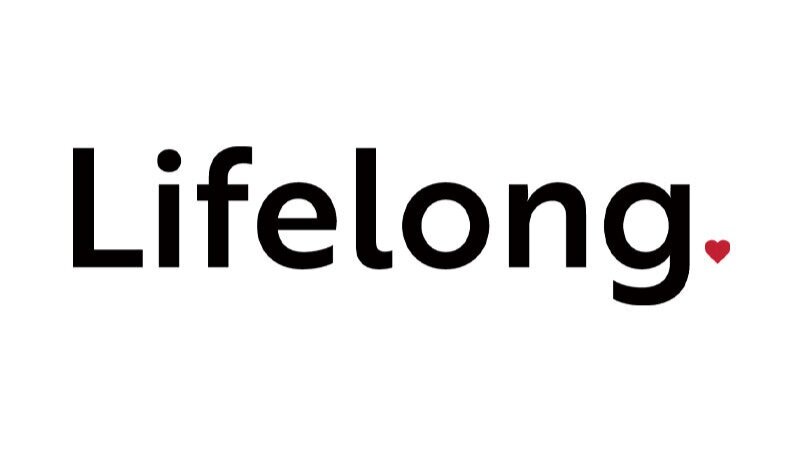A Q&A with Warren Leyh, Director of Clinical Services
In honor of Pride Month, we’re celebrating the resilience of our community, and that includes some of the people who work closest with LGBTQ+ health issues—our staff. We recently chatted with Warren Leyh, Director of Clinical Services, on his work, the resilience he sees in the people he serves, and what Pride means to him.
Q: What is your role at Lifelong?
A: I oversee our Medical Case Management and Prevention departments. I was working in community mental health and homelessness at a shelter downtown and I got interested in HIV and how it affected the LGBTQ+ community. I went to grad school for my Masters in Social Work (MSW) and then came to Lifelong—that was 12 years ago now.
Q: How does your work support the LGBTQ+ community?
A: Health navigation and educational services are critical for the LGBTQ+ community who have typically struggled to navigate, be recognized by, and benefit equitably from mainstream healthcare.
In Prevention, the LGBTQ+ community is still disproportionately affected by HIV, both new infections and current people living with HIV. Our work is very focused in that community, especially supporting trans folks since they are at a higher risk for HIV. We also do a lot of work to make sure other high-risk communities outside of the LGBTQ+ community are supported with HIV services—like BIPOC and certain youth populations.
Our work in Medical Case Management is all about building relationships while helping people navigate their health care, largely supporting people living with HIV. We help people through personal growth and problem solving by developing supportive relationships between staff and community members. These are safe places where people can feel comfortable exploring ongoing mental health and substance use issues, where we can find solutions either at Lifelog or with other community resource connections.
Q: How has your work changed to support the LGBTQ+ community since you started working in this field?
A: One area of work we focus on a lot more of now is trauma-informed care—that means we look at the ways our clients may bring trauma with them into their relationships, and this can be a source of anxiety or strain on relationships when folks haven’t been recognized or benefited from systems and services in the past. This compounding mistrust can make it that much more difficult for someone to reach out and get services.
The other change is that people living with HIV successfully are aging. And there’s a whole different group of issues that come along with aging (health, community connections, etc.) and I don’t think that’s something we were thinking about 12 years ago as much.
Q: How can the community support your programs right now?
A: Reducing stigma around getting help and amplifying the message of U=U (undetectable=untransmissible)—making sure that people are getting tested regularly and asking to be tested. People might not be aware of the fact that you have to ask your doctor to be tested for HIV specifically. It can be a long and complicated journey navigating your HIV diagnosis.
And get the word out about our testing programs—I don’t think people know that our PrEP navigators can assist folks with getting all the insurance worked out, pharmacies, etc. I don’t know that people know how helpful it can be to navigate from testing to getting care for PrEP or HIV treatment.
Q: How have you witnessed mental health disparities among the LGBTQ+ community?
A: Trans individuals especially continue to struggle to consistently find gender-affirming medical services, and we can see through poor health outcomes that this trend continues even as we have more acceptance in the community for LGBTQ+ people.
Q: How have you seen resiliency, especially in the face of these disparities, through your program or personal life?
A: I see resilience in our clients all the time. People have had lots of challenges but have really stepped up to advocate for themselves. The LGBTQ+ community has been extremely supportive of each other, then there’s organizations like Lifelong that recognize the complexity of LGBTQ+ treatment needs and understand their history and struggles. And the whole story of HIV advocacy is one of a community of people helping each other and coming together.
Q: What does Pride mean to the people you help at Lifelong?
A: There’s so much Pride in all that resiliency, survival, and community that so many have gone through together. These are folks that have taken an active involvement in their health and care. It is something society isn’t usually talking about—they take Pride in their health, and how a community comes together and supports one another—it’s kind of like a family.
Q: What does Pride mean to you?
A: I like that whole idea of a chosen family—being part of that community of folks who care for each other—that’s Pride to me.

